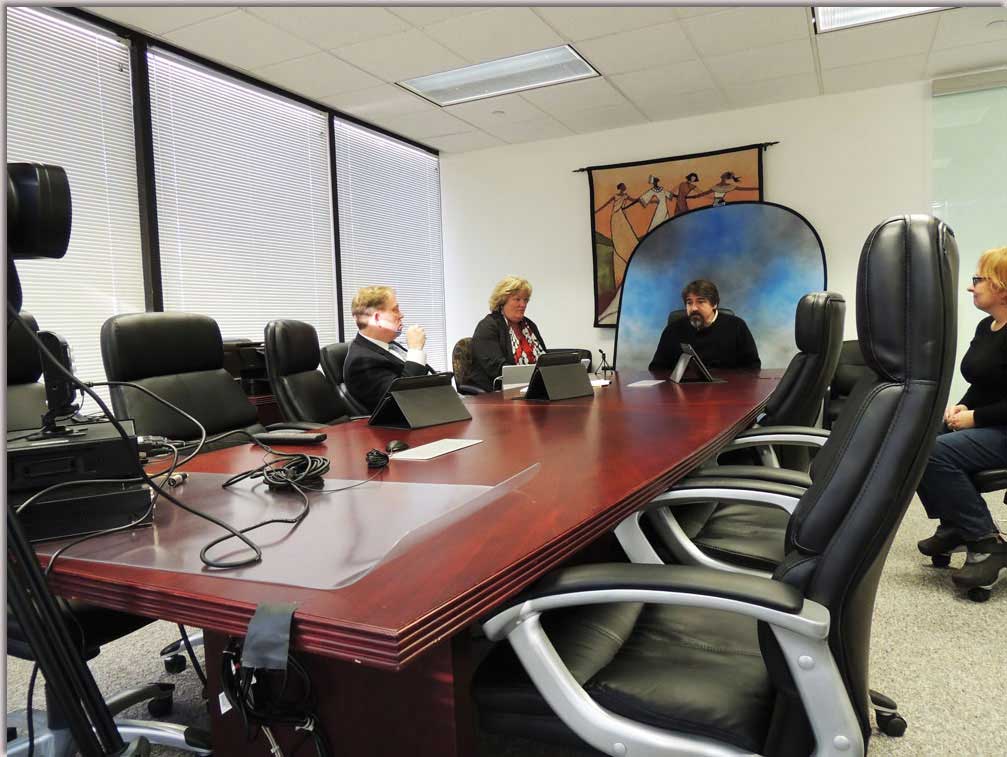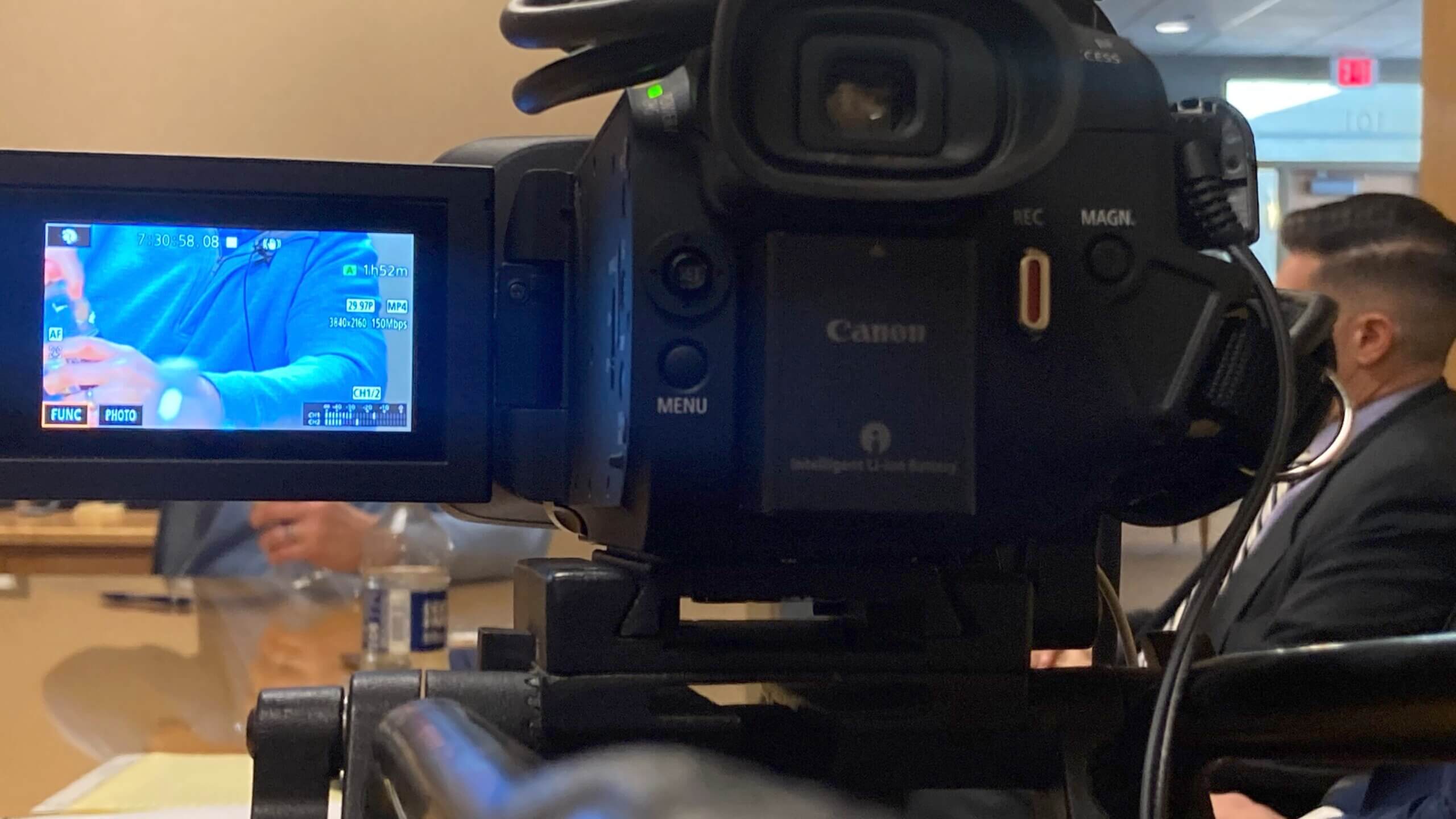Legal Videography: Transforming the Way Proof is Captured and Offered
The Intricacies of Legal Videography and Its Duty in Capturing Crucial Facts for Evidential Purposes in the Legal Field
In the realm of the legal area, the utilization of videography has actually become an indispensable tool for recording the details and nuances that can make or damage a situation. From documenting crime scenes to taping witness statements, legal videography plays a pivotal duty in presenting vital details with unmatched clarity and precision. Nevertheless, past the surface area degree of simply videotaping events, there exists a labyrinth of complexities and considerations that have to be navigated to ensure the admissibility and authenticity of video evidence. Comprehending the technological aspects, legal demands, and critical implications of legal videography is important for lawyers seeking to use its full capacity in reinforcing their instances.
Evolution of Legal Videography
Exactly how has legal videography developed within the legal area over the years? Lawful videography has actually gone through a significant improvement, adapting to the technical improvements and transforming demands within the legal profession. Legal videography was mostly made use of for basic recordings of legal process and depositions. Nonetheless, with the advent of high-def electronic cameras, advanced editing and enhancing software program, and online platforms, the duty of lawful videographers has increased to include a broader variety of services.

Moreover, the rise of online proceedings and remote depositions in the last few years has more drove the advancement of legal videography, necessitating videographers to adapt their skills to capture procedures properly in an electronic atmosphere (Legal Videography). In general, the evolution of lawful videography has been noted by a shift towards a lot more innovative modern technology, enhanced professionalism and trust, and a wider scope of solutions to fulfill the advancing demands of the lawful area
Significance of High-Quality Video
High-grade video in lawful videography is vital for precisely recording and presenting aesthetic evidence in a expert and legitimate way. The quality and information recorded in high-grade footage can be essential in lawful proceedings, permitting an accurate examination of events, expressions, and details that might be essential to an instance. Juries, juries, and lawyers count on visual proof to comprehend complex circumstances, and poor-quality video can lead to misconceptions or doubts concerning the credibility of the evidence provided.
Moreover, top quality video can improve the total discussion of proof, making it extra engaging and influential. Well-captured visuals can help strengthen disagreements, clarify statements, and supply a detailed sight of the truths at hand. This can inevitably strengthen the trustworthiness of the lawful team offering the evidence and increase the chance of a favorable outcome for their clients. In an area where every information issues, buying high-quality video is not just helpful yet frequently needed to make certain that justice is offered precisely and rather.
Strategies for Effective Documents
To guarantee precise and detailed documentation in lawful videography, utilizing efficient techniques is extremely important in capturing crucial details and proof. Keeping a thorough log of all video footage, consisting of timestamps and summaries of the content, is crucial for simple referral and retrieval during legal process. By implementing these techniques, legal videographers can boost the high quality and dependability of their paperwork, eventually reinforcing the telltale value of their recordings.
Admissibility and Verification of Video Clip Evidence
In the realm of legal videography where careful documentation is vital, the admissibility and verification of video clip evidence play an essential role in figuring out the integrity and validity of taped materials. Admissibility describes the acceptance of video evidence in a court of law, while verification ensures that the video presented is real and unchanged. For video clip evidence to be about his admissible, it needs to please lawful needs such as integrity, relevance, and authenticity. The chain of protection, which documents the handling of the video from recording to presentation in court, is important for establishing authenticity.
Verification includes validating that the video has not been damaged or edited to misrepresent facts. Methods such as digital trademarks, metadata analysis, timestamps, and specialist testimony can be used to validate video proof. In addition, guaranteeing that the video clip was taped under appropriate conditions and that the devices utilized was working correctly strengthens its authenticity. Ultimately, the admissibility and authentication of video clip proof are critical in promoting the honesty of legal process and making certain that justice is served based on dependable info.
Enhancing Legal Methods With Video Clip Technology

Moreover, video modern technology allows for the production of aesthetically engaging restorations of criminal offense scenes, mishaps, or other events crucial to an instance. These restorations can help make clear detailed information, timelines, and spatial connections, helping in the comprehension of complex lawful problems. Additionally, video depositions can preserve testimonies with high integrity, making certain that critical declarations are properly captured and can be repeated as required. Generally, the integration of video clip innovation right into legal methods not only enhances the discussion of proof but also enhances the persuasiveness and reliability of lawful arguments.
Conclusion
Finally, lawful videography plays a critical role in recording necessary details for evidential objectives in the lawful area. Through the advancement of modern technology and techniques for effective paperwork, top quality footage can enhance legal strategies and offer valuable evidence in court. Legal Videography. Ensuring the admissibility and authentication of video clip proof is essential to using video innovation effectively in lawful procedures
Understanding the technical facets, legal demands, and tactical ramifications of lawful videography is essential for legal professionals seeking to use its complete capacity in bolstering their situations.
Lawful videography was primarily utilized for simple recordings of lawful procedures and depositions.Utilizing video innovation in legal strategies can substantially boost the efficiency of lawful professionals in presenting proof and arguments in a engaging and persuasive way. Generally, the integration of video modern technology right into legal techniques not only enhances the presentation of evidence however also enhances the persuasiveness and reliability of legal debates.
In final thought, lawful videography plays an essential duty in recording necessary information for indicative functions in the lawful field.